This essay appears in the 20th Anniversary Solutions of the Year Magazine. Donate to Next City to get your copy.
There is no shortage of indicators that faith in American democracy is at a low point. This crisis stems from a mix of challenges: polarization, segregation and resulting disparities across race and geography, corruption, declining trust in media and institutions, disinvestment in civic education, social media, and the spread of concentrated toxic online ideological communities. But as each month passes, we’re brought new signs of the crisis in our nation’s civic health.
Here are just a few from 2023: In May, Carolyn Cawley, president of the U.S. Chamber of Commerce Foundation, issued a major press statement that the civic education crisis in our
country “endangers our democracy,” demanding immediate action. In July, the headline for Gallup’s annual survey of trust in civic institutions read “Historically Low Faith in U.S. Institutions Continues.” In October, the Brookings Institution published an explainer guide titled “Understanding democratic decline in the United States.”
You know when the democracy crisis starts getting explainers, there’s a problem.
Like so many Next City readers, I’m someone who spends most of my time working at the local level. For local practitioners, the national conversation about the strength of our democracy can often feel lofty and disconnected from daily life. But, the current dysfunction in our system of self-governance has very real implications on our ability to make progress in our communities. Just look at the constantly looming threat of government shutdown, the impact of polarization around local decision-making bodies like school boards, and so much more. If we want to continue our shared American experiment, it is our responsibility to take action. But how can we start?
Let’s start by reframing this issue from a civic crisis to a moment in which we are called to dramatically strengthen the civic health of our communities.
What is a community with strong civic health? Here are a few indicators that we look for.
-
Residents understand how the community itself works.
-
Residents have opportunities to learn about decisions and decision makers that are shaping their place’s future.
-
Organizations exist to connect people across lines of difference, be it ideology, lived experience or power, giving them a chance to identify with perspectives that they may never personally have.
-
A vibrant public realm helps steward connections between different residents.
-
Residents have ways to tell their own story and see themselves reflected in their place.
Responsive public institutions make the process of participation genuine and rewarding for its constituents.
All across the country, there is unbelievable work being done to build exactly these types of communities.
In Denver, Colorado, Warm Cookies of the Revolution has built a civic health club where residents come together to learn about how their community works. Whether it’s civic Stitch n’ Bitches to give residents a chance to talk about Denver’s biggest challenges, or high-stakes poker games to talk about local campaign finances, Warm Cookies is helping residents explore civic life in fun and interesting ways.
My organization in Lexington, Kentucky, CivicLex, is educating residents about how local government works, connecting them with the government officials they need to know to realize their community’s future. In 2022 alone, we brought over 10,000 residents together with government officials to learn from each other about how our community works.
In Tallahassee, Florida, the Village Square is bringing people together across partisan divides. Through conversations that span faith, politics and local civic life over the past few decades, the Village Square is showing the entire country how place-based conversations about hard topics can bring communities together. The Akron Civic Commons team in Ohio is building a public realm where people can meet people who are different from them every day. The Ohio and Erie Canalway is connecting disparate communities, and the Summit Lake Park is building community cohesion and ownership over public space through employment programs.
The Appalachian Media Institute in Kentucky has been helping young folks in Central Appalachia tell their own story through film for over 30 years. Their Summer Documentary Institute helps young people develop durable workforce skills in the media industry and tells stories about the region that are too rarely heard.
The New York Civic Engagement Commission is modeling what a responsive civic institution looks like by shifting power to city residents and trying to rebuild their faith in government. Their Public Engagement Unit helps residents connect with basic needs and city services.
Each of these initiatives is designed to tactically solve very local problems. They’re creating more equitable pathways for traditionally marginalized residents to participate in civic life. They’re building new civic muscles by helping residents engage more frequently with local decision making. They’re practicing a more inclusive and equitable version of community building that social clubs like the Elks, Moose, and Masons did in the early 20th century — by bringing people together in physical space and helping them find shared values.
But, if we want to solve the grave challenges that are on the doorstep of our democracy, we need many more organizations like these. That is going to take funding, peer networking and other field support. Philanthropy, government, academia and our other national institutions need to step up and help this nascent, but developing field of civic infrastructure grow and thrive in ways that are contextual and true to their place.
Ultimately, a community with strong civic health is one where people can find a sense of meaning and common purpose. Strengthening local civic health can make our communities more just, equitable and resilient, but it can also answer the call of our moment, rekindling our relationship with democracy and the American ideal of a government of the people, for the people and by the people.

Richard Young lives in Fayette County, Kentucky, and works on civic health at the local level. He is the Founder and Executive Director of CivicLex, a civic health organization recognized as a solution for rebuilding American Democracy for the 21st Century by the Library of Congress and the American Academy of Arts & Sciences. Richard has also served as a founding Steering Committee member and steward for the Kentucky Rural-Urban Exchange, the preeminent place-based framework in the United States for bringing together rural and urban communities to understand their interdependence. He also founded Kentucky’s first El Sistema-inspired music program and Lexington’s first place-based Community Development Corporation. Since 2014, Richard’s work has been featured on/in Next City, PBS NewsHour, Foreign Affairs, On Point, Wall Street Journal, CityLab, PEW Charitable Trusts, and more. Richard has been a Marshall Memorial Fellow with the German Marshall Fund of the United States, a Next City Vanguard, and a member of the Institute for Nonprofit News’ Emerging Leaders Council.

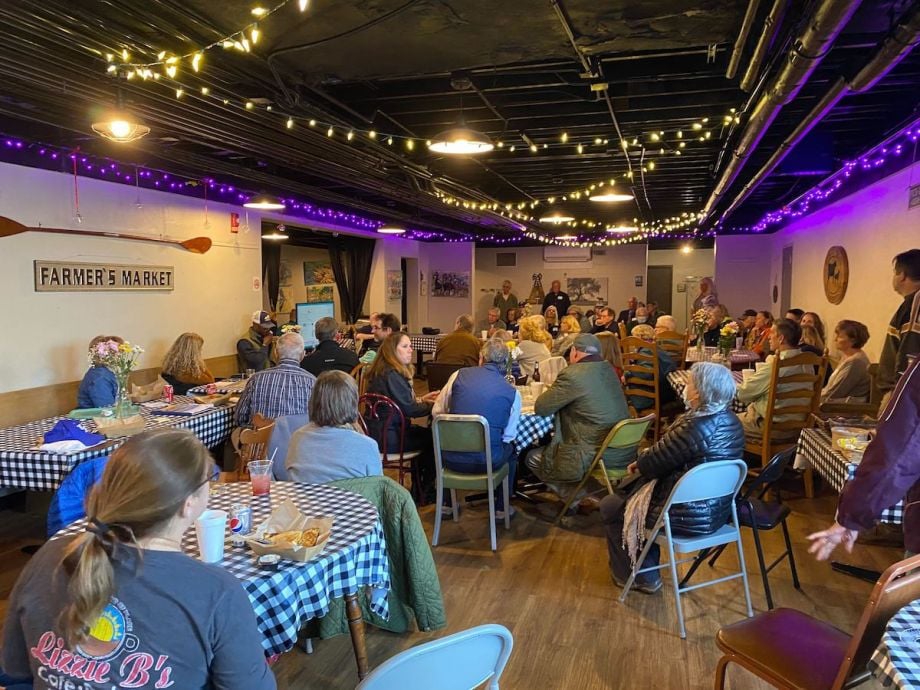
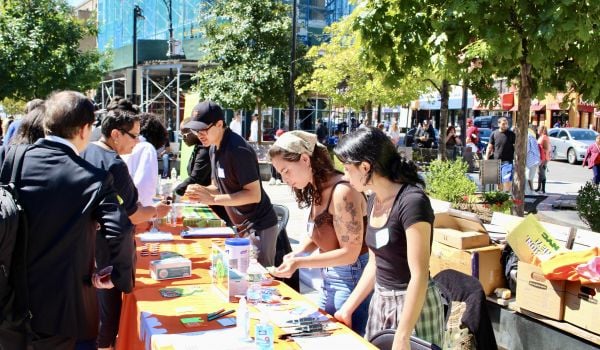
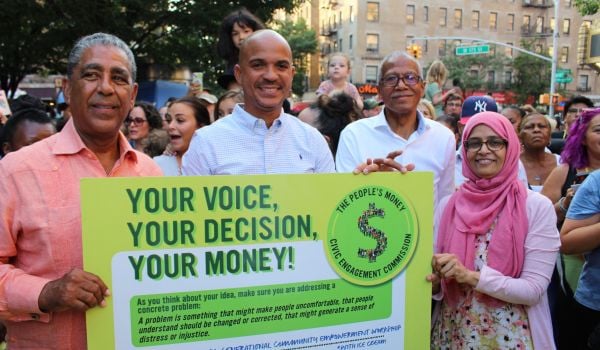

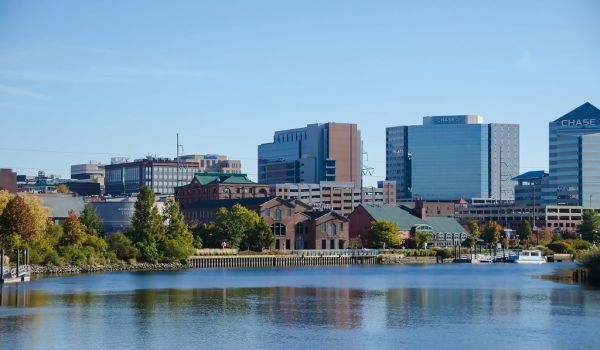
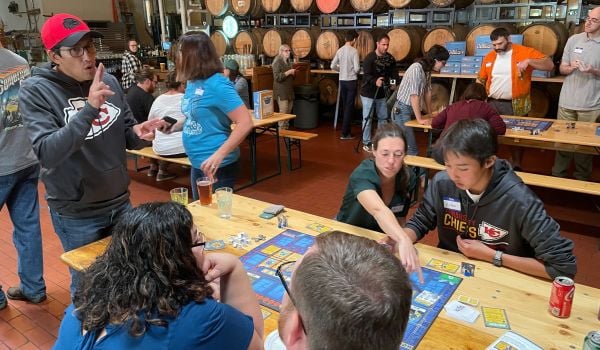
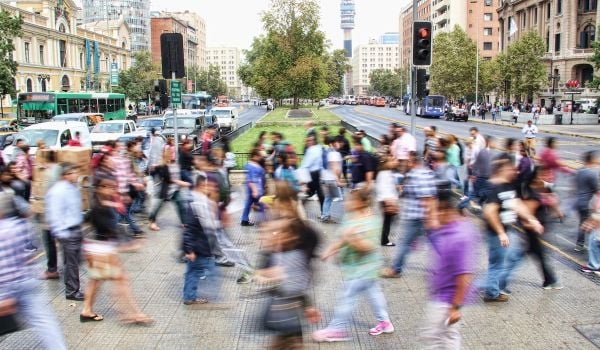







Add to the Discussion
Next City sustaining members can comment on our stories. Keep the discussion going! Join our community of engaged members by donating today.
Already a sustaining member? Login here.